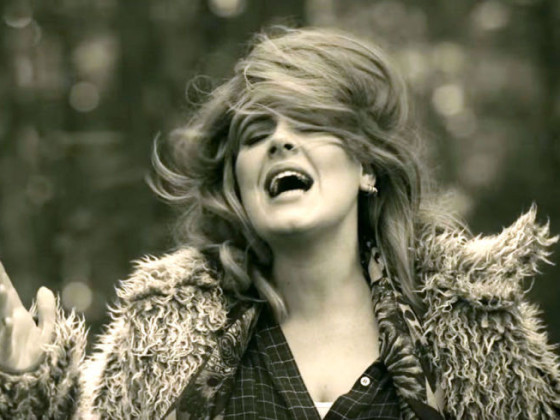First, there was the video: Adele, flip phone in hand, singing into the void about lost love.
Then, there Afropop singer Dela recorded a version in Swahili.
Soon, there was a reinterpretation in Haitian Creole by Saskya Sky.
A reggae version from Jamaican performer Conkarah and his little sister.
A Spanglish version by Karen Rodriguez.
There are versions of “Hello” in Mandarin. In Arabic. The list goes on.
